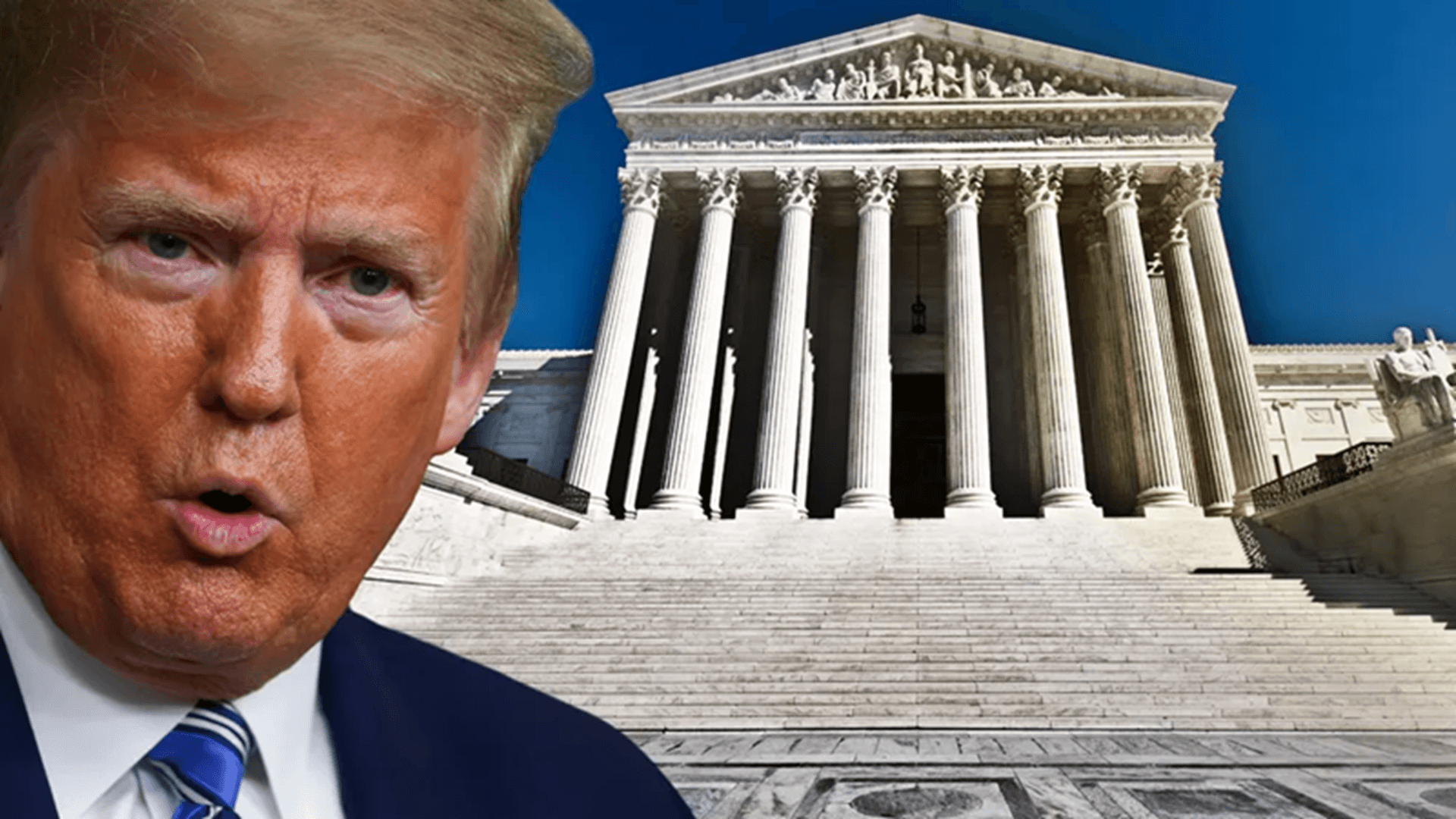Supreme Court Debates Trump’s Bid to Restrict Birthright Citizenship
On Thursday, May 15, 2025, the U.S. Supreme Court heard arguments in a high-stakes case challenging President Donald Trump’s executive order aimed at restricting birthright citizenship, a principle enshrined in the 14th Amendment for over 150 years. The order, signed on Trump’s first day of his second term in January 2025, seeks to deny automatic U.S. citizenship to children born in the United States unless at least one parent is a U.S. citizen or lawful permanent resident. The case has sparked intense debate, intertwining constitutional questions with the scope of judicial authority, and could reshape U.S. immigration policy and executive power.
Trump’s executive order targets what his administration calls “birth tourism,” arguing that the 14th Amendment’s Citizenship Clause does not guarantee citizenship for children of undocumented immigrants or certain temporary residents. The administration contends that the amendment’s phrase “subject to the jurisdiction thereof” excludes those born to parents without legal status, a view that challenges long-standing legal precedent. If enforced, the policy could affect over 150,000 newborns annually, potentially leaving some children stateless or undocumented, according to plaintiffs, including 22 Democratic-led states, immigrant rights advocates, and pregnant immigrants. The order has faced swift legal pushback. Three federal judges, in Washington state and two others, issued nationwide injunctions, ruling that the policy likely violates the 14th Amendment, which states, “All persons born or naturalized in the United States, and subject to the jurisdiction thereof, are citizens of the United States.” These injunctions have blocked the order’s implementation, prompting the Trump administration to appeal to the Supreme Court for emergency relief.
The Supreme Court’s session, held in a rare May sitting, focused primarily on the legality of nationwide injunctions issued by lower courts, rather than the constitutionality of the birthright citizenship policy itself. The Trump administration, represented by Solicitor General D. John Sauer, argued that single district judges should not have the authority to halt executive actions across the entire country. Sauer described such injunctions as a “bipartisan problem” that encourages “judge shopping” by plaintiffs seeking favorable rulings. He urged the Court to narrow the injunctions to apply only to the plaintiffs, allowing partial enforcement of the order. Justices appeared divided on this issue. Justice Elena Kagan questioned whether “judge shopping” was relevant, given the administration’s consistent losses in multiple courts. Justice Brett Kavanaugh raised practical concerns, noting that the executive order gave federal agencies just 30 days to develop implementation policies, asking if they could “get it together in time.” Some justices, including Sonia Sotomayor, referenced past Court rulings, citing four precedents that they argued Trump’s order violates. Others, like Justice Amy Coney Barrett, probed the feasibility of state-by-state citizenship rules, with New Jersey’s solicitor general warning that the order could create a patchwork where citizenship could “turn on and off” across state lines. While the Court avoided directly addressing the 14th Amendment’s scope, the birthright citizenship question loomed large. The 1898 case United States v. Wong Kim Ark affirmed that a child born on U.S. soil to lawful Chinese immigrants was a citizen, but the Court has not explicitly ruled on children of undocumented parents. Critics of Trump’s order, including immigration lawyer Alex Cuic, warned that ending birthright citizenship could “impose second-class status” on a generation of U.S.-born children, potentially rendering them stateless.
The case arrives amid Trump’s broader immigration crackdown, a centerpiece of his second term. The administration has faced 17 nationwide injunctions in its first two months, compared to 64 during Trump’s first term, 14 under Biden, and 12 under Obama. Trump has publicly criticized the U.S. as a “stupid country” for upholding birthright citizenship, falsely claiming no other countries grant it. Protests erupted outside the Supreme Court during the hearing, with figures like former House Speaker Nancy Pelosi joining demonstrators to defend the 14th Amendment. Pelosi countered Trump’s remarks, stating, “No Mr. President, America isn’t stupid. It’s the Constitution of the United States which all of us in elective office take an oath to protect and defend.” The intellectual roots of Trump’s policy trace to once-fringe theories promoted by conservative scholars like John Eastman of the Claremont Institute, who argued that the 14th Amendment was primarily about ensuring citizenship for formerly enslaved people, not universal birthright citizenship. These ideas, once dismissed, have gained traction through initiatives like the Heritage Foundation’s Project 2025, influencing Trump’s legal strategy.
The Supreme Court’s decision could have far-reaching consequences. A ruling limiting nationwide injunctions could curb the power of federal judges to block Trump’s policies, enhancing executive authority. If the Court allows the order to proceed in some form, it could set the stage for a direct challenge to the 14th Amendment’s Citizenship Clause, potentially fracturing a constitutional guarantee affirmed over a century ago. Conversely, upholding the injunctions would preserve the status quo but leave unresolved tensions over judicial overreach. For now, the Court’s conservative 6-3 majority, including three Trump appointees, faces a delicate balance: addressing the technical issue of injunctions while navigating the explosive political and constitutional questions surrounding birthright citizenship. As the nation awaits a ruling, the case underscores deep divisions over immigration, judicial power, and the meaning of American citizenship.


